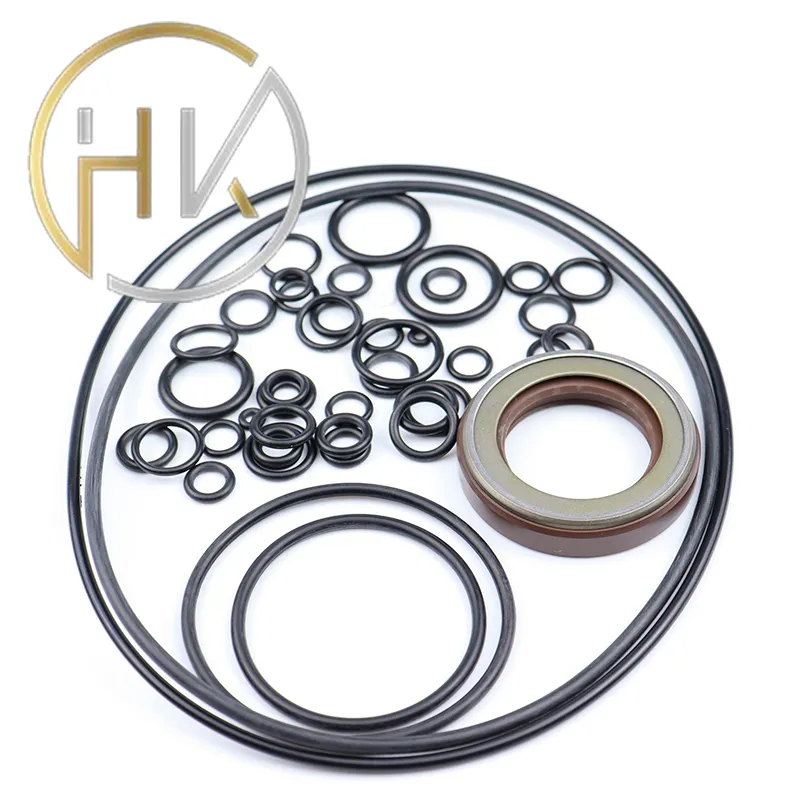Nov . 01, 2024 11:40 Back to list
Choosing the Right Materials for Hydraulic Oil Seals in Industrial Applications
Hydraulic Oil Seal Materials An Overview
Hydraulic oil seals play a critical role in various machinery and equipment, primarily serving to prevent the leakage of hydraulic fluid. The selection of the right seal material is vital for ensuring the performance and longevity of hydraulic systems. Various factors, including temperature, pressure, and the chemical nature of the hydraulic fluid, must be considered when choosing the appropriate oil seal material.
Hydraulic Oil Seal Materials An Overview
Another popular material is fluorocarbon rubber (FKM), also known under the brand name Viton. FKM seals are suitable for environments where elevated temperatures and aggressive fluids are present. They offer superior resistance to heat, aging, and chemical exposure, making them an ideal choice for high-performance hydraulic applications. The operating temperature range for FKM typically extends from -20°C to 200°C, providing greater flexibility in various applications.
hydraulic oil seal material

Polyurethane (PU) seals have gained popularity in hydraulic systems due to their exceptional abrasion resistance and mechanical strength. PU offers a unique combination of flexibility and toughness, making it suitable for dynamic sealing applications. However, it has a limited temperature range compared to NBR and FKM, typically operating between -30°C to 90°C.
For extreme environments, thermoplastic elastomers (TPE) and silicone-based materials are also considered. TPE seals exhibit excellent flexibility and can be tailored for specific applications, while silicone seals provide outstanding temperature resistance, often functioning effectively from -60°C to 230°C. However, silicone may not perform as well in terms of mechanical properties compared to other materials.
In conclusion, the choice of hydraulic oil seal material is crucial for the reliability and efficiency of hydraulic systems. Nitrile rubber, fluorocarbon rubber, polyurethane, and silicone are among the leading materials used, each with its own advantages and limitations. Understanding the specific requirements and operating conditions of the hydraulic system is essential to select the most appropriate seal material, thereby ensuring optimal performance and longevity of the equipment. Proper material selection ultimately contributes to reduced maintenance costs and increased operational efficiency in hydraulic applications.
-
TCN Oil Seal Metal Ring Reinforcement for Heavy Machinery
NewsJul.25,2025
-
Rotary Lip Seal Spring-Loaded Design for High-Speed Applications
NewsJul.25,2025
-
Hydraulic Cylinder Seals Polyurethane Material for High-Impact Jobs
NewsJul.25,2025
-
High Pressure Oil Seal Polyurethane Coating Wear Resistance
NewsJul.25,2025
-
Dust Proof Seal Double Lip Design for Construction Equipment
NewsJul.25,2025
-
Hub Seal Polyurethane Wear Resistance in Agricultural Vehicles
NewsJul.25,2025
-
The Trans-formative Journey of Wheel Hub Oil Seals
NewsJun.06,2025
Products categories
















